Fun Facts About Passing Gas (Infographic)
According to Bret Lashner, MD., “Gas is a natural product of digestion. In fact, most of us pass gas between 14 and 23 times a day.”
Everyone has a gas and it’s a natural product. Learn why your body creates these sulfurous bouquets. Get the facts behind an often humorous phenomenon with this infographic by Cleveland Clinic.





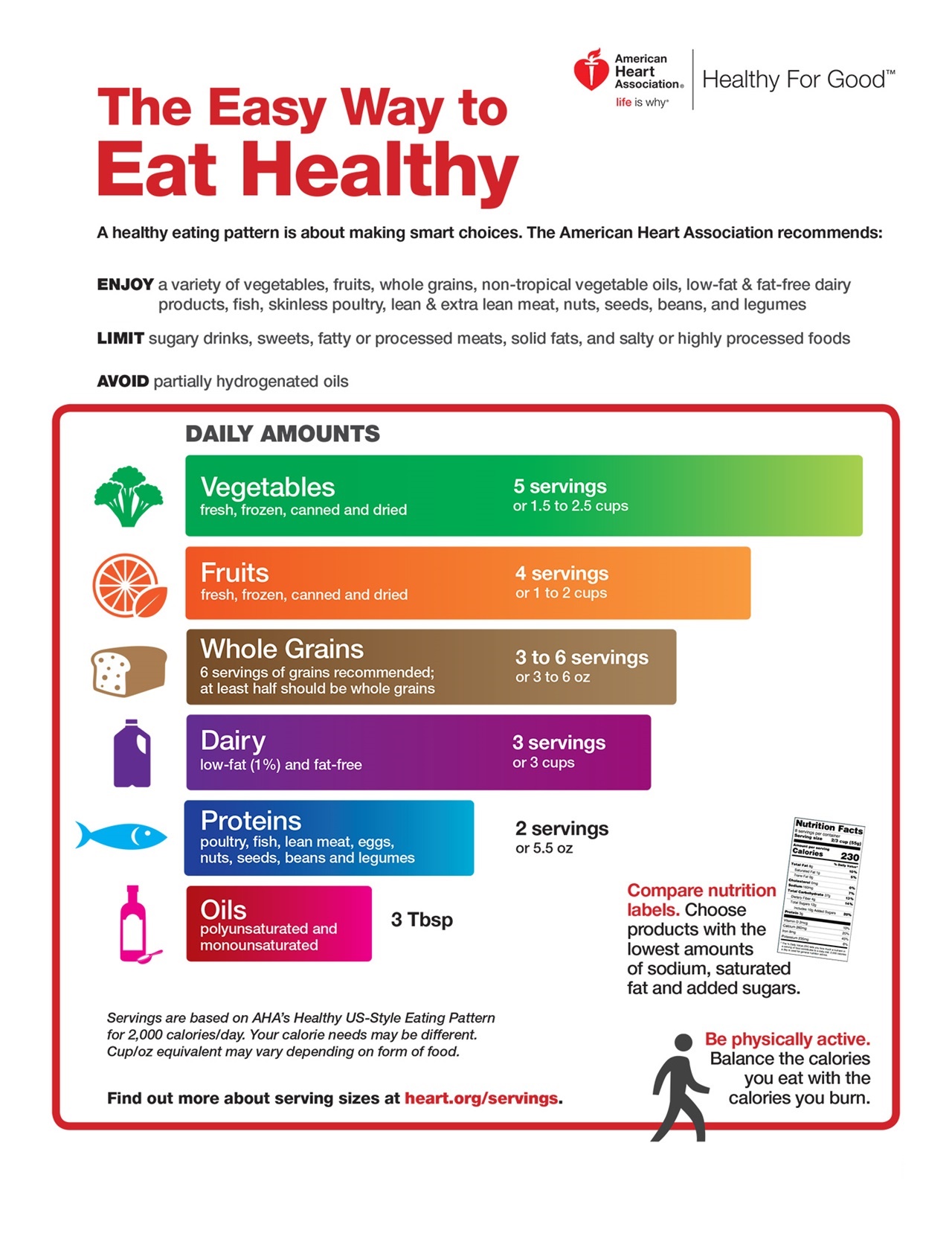
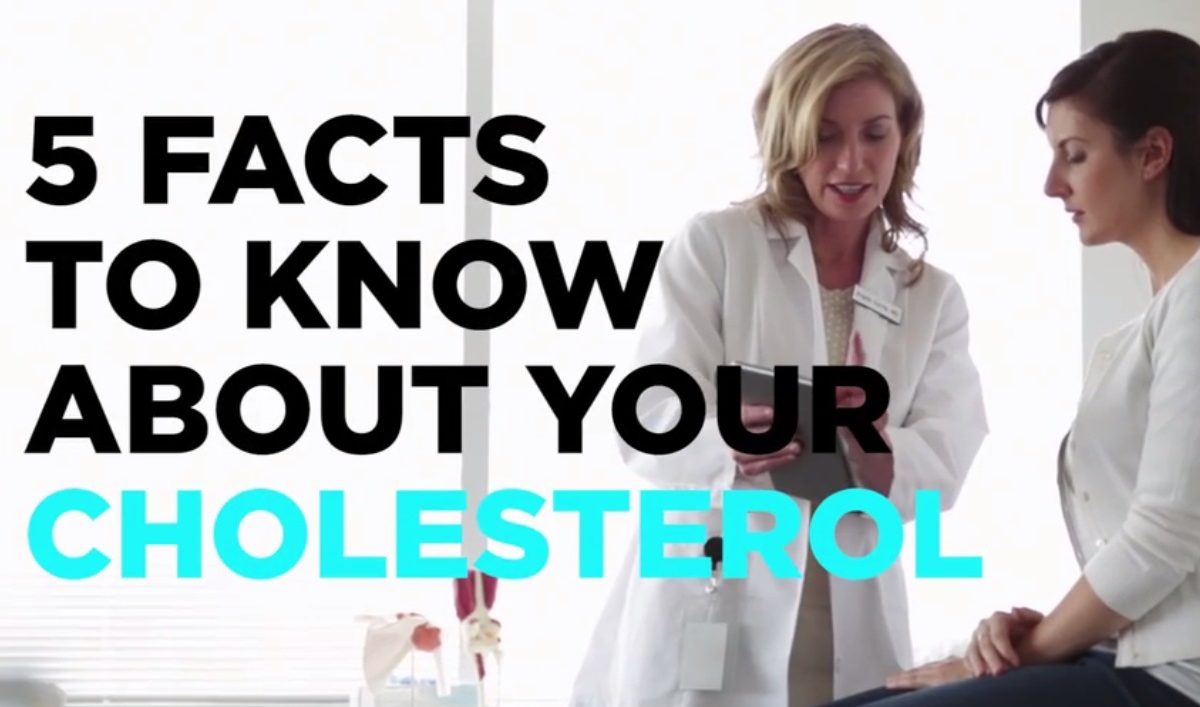


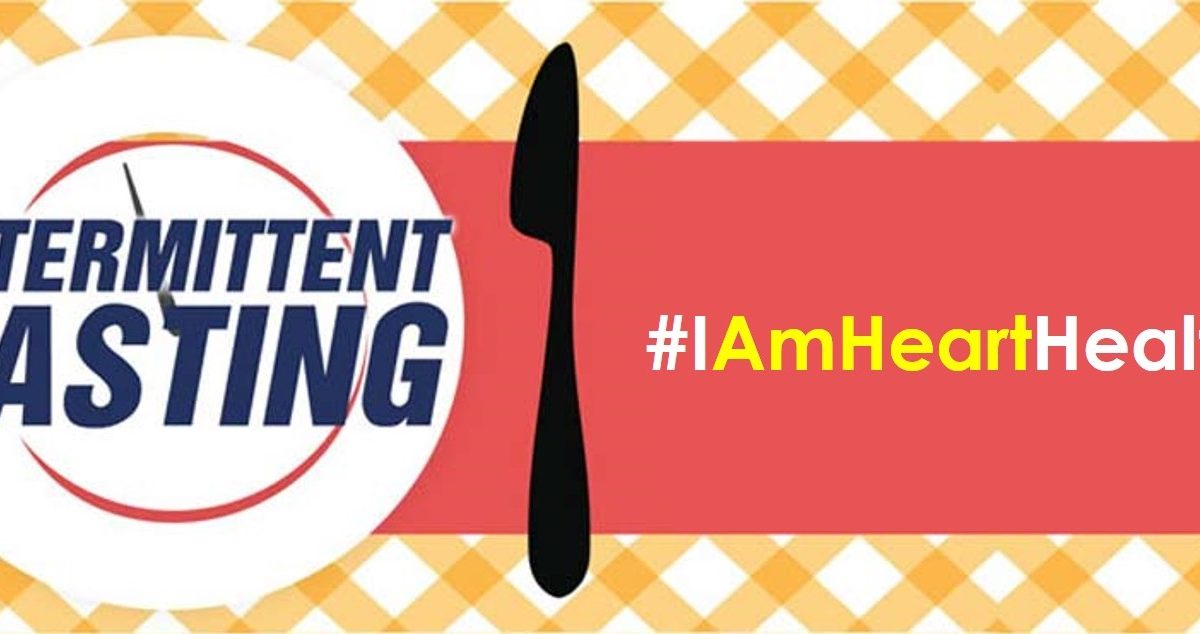

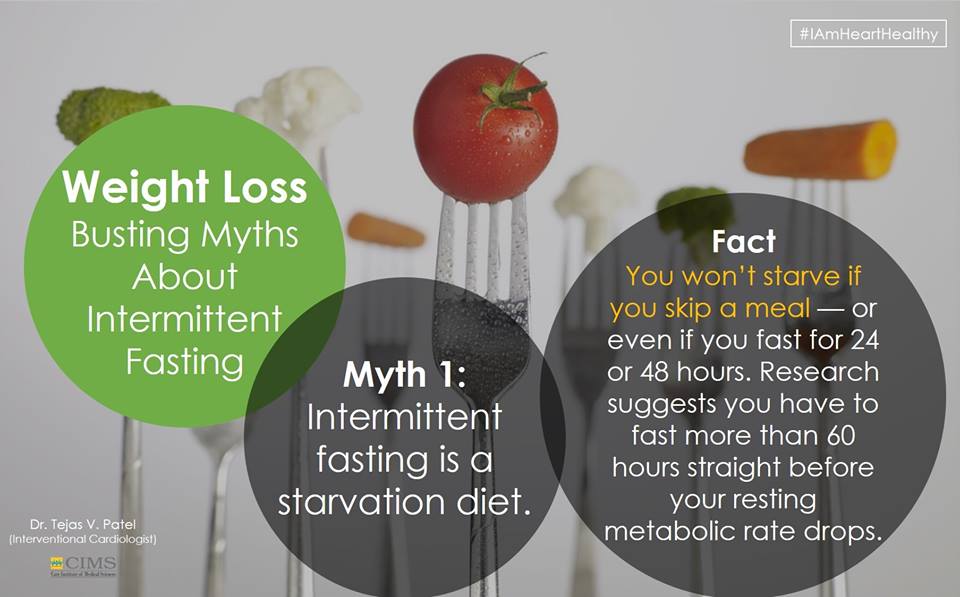
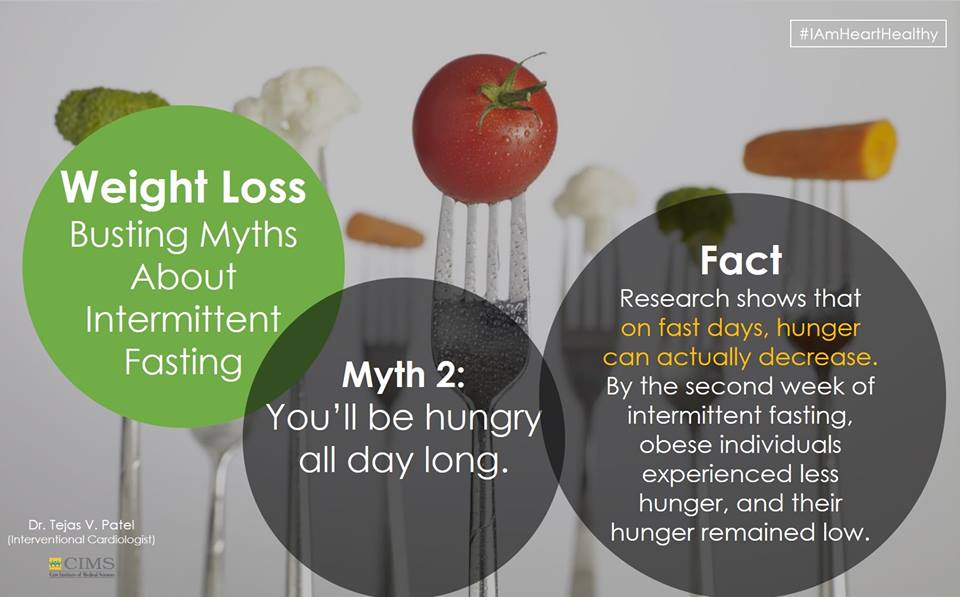
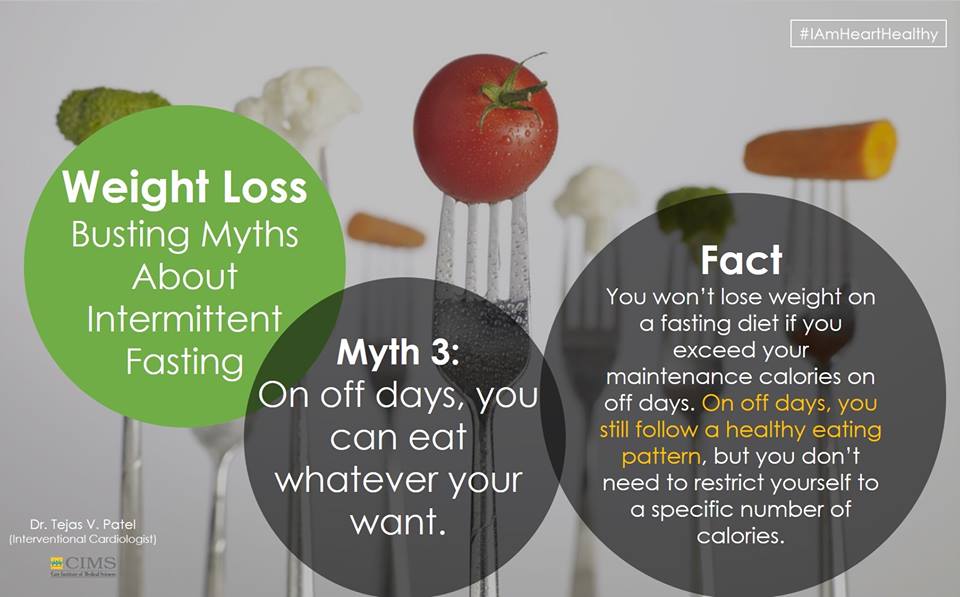
Recent Comments